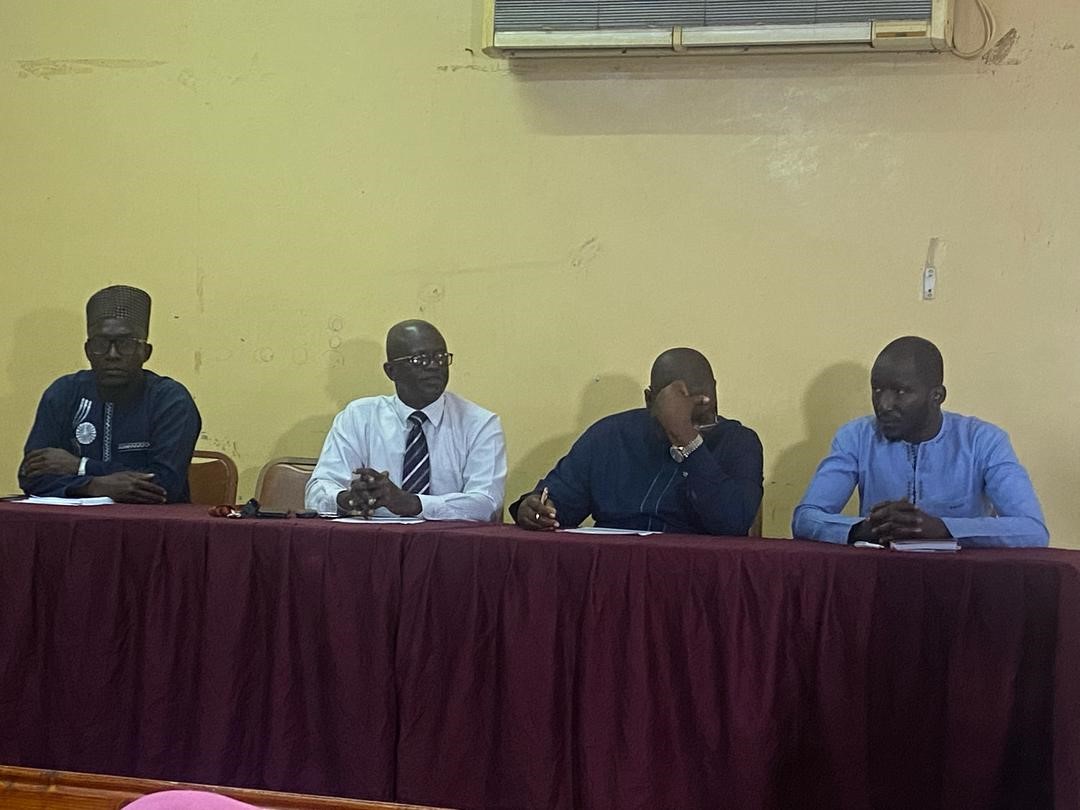By: Binta Jaiteh
The Gambia Bureau of Statistics (GBOS) in partnership with the Ministry of Trade, Regional Integration, and Employment on Thursday launched a labour force survey at Gambia Telecommunications and Multimedia Institute (GTMI), Kanifing.
The Statistician-General of GBOS Nyakassi Sanyang said labour force surveys are the foundation of evidence-based policymaking.
“The data collected will not only shape national labour and employment policies but will also be crucial for monitoring our country’s development agenda, including the Recovery-Focused National Development Plan 2023-2027.
The Government has outlined clear strategies to revitalize the economy, reduce unemployment, and enhance social protection. The Labour Force Survey will provide key labour market indicators to track our progress in creating decent jobs, improving skills development, and addressing employment challenges, particularly among youth and women,” SG Sanyang explained.
The Statistician-General further explained that LFS will directly contribute to monitoring SDG Goal 8 (Decent Work and Economic Growth), which promotes inclusive and sustainable economic growth, full and productive employment, and decent work for all.
“It is therefore very important to ensure that accurate data is collected, analyzed and reported and all this can be made possible only at this stage.
“We are in a transitional process, this year we will conduct 2 LFSs, and henceforth, this survey will be conducted quarterly. The Gambia’s first Labour Force Survey was conducted in 1992. This was a small-scale study that covered only parts of the Greater Banjul Area. The 2012 GLFS is the first nationally representative labour force survey conducted in The Gambia and was more comprehensive in coverage and in terms of following the ILO guidelines,” he pointed out.
“The subsequent ones such as the 2018 and 2023 surveys were more comprehensive in terms of coverage and content and I believe this one is better in all aspects,” he added.
Mr. Sanyang commended the World Bank and ILO for supporting the entire process and hoped that this survey was conducted most appropriately.
The objective of the survey includes obtaining information on labour force participation rates (LFPR), employment-to-population ratios, employed population, and unemployed population. This survey will collect labour market information and other socio-economic data required for policy formulation and decision-making in planning processes.
The Director of Employment Ministry of Trade Faba Jammeh, highlighted the significance of the survey especially in economic development.
He said labour is a core agenda and in 2022 the ministry launched a national employment policy and the essence of the launching is to address the issues of unemployment and underemployment. “We can eliminate poverty through engaging in productive economic activities,” he assured.





